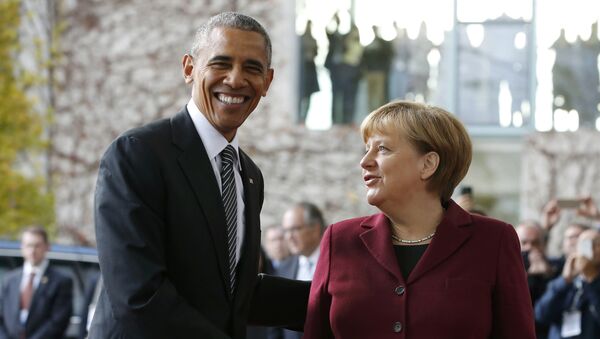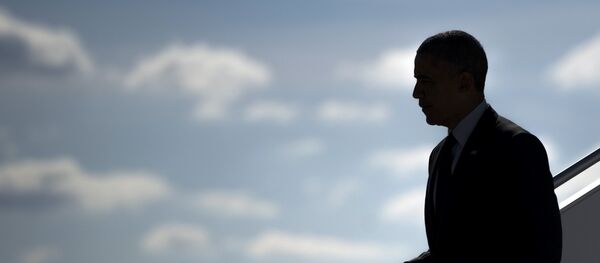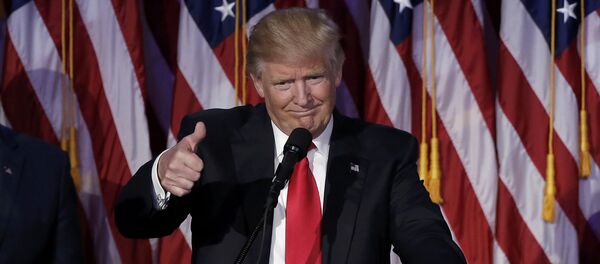During the talks, the two leaders reaffirmed that Washington and Berlin share a common approach to foreign policy. Obama also called Merkel one of his closest partners as president.
"Obama left his political legacy to Merkel, Europe’s most powerful leader, and called on the German people to support her at the election," an article in the Russian online newspaper Vzglyad read.
In response, Merkel thanked Obama for their eight-year partnership, citing a number of achievements Washington and Berlin have made together.
"I'd like to thank him for a good, friendly, and intensive partnership," the chancellor said at a press conference.
Obama also gave an interview to German broadcaster ARD and Spiegel magazine, thus formally launching Merkel’s electoral campaign, according to the article.
Earlier, Merkel expressed willingness to run for re-election. She was first elected as the chancellor in 2005 and reelected twice in 2009 and 2013. She has been at the helm of her Christian Democratic Union (CDU) party for 16 years.
During the official talks on Thursday, Obama and Merkel discussed a range of issues, including Russia.
In particular, the American president said: "Russia is an important country. It is a military superpower. It has influence in the region and it has influence around the world."
Obama also advised President-elect Donald Trump from making "deals" with Russia.
"This meeting was Obama’s farewell show, and the role of Merkel and other European leaders was to thank the American leader and send a signal to Trump," according to the article in Vzglyad.
Trump’s victory was surprising for Berlin since Angel Merkel placed bets on Democrat candidate Hillary Clinton. However, even Obama’s support did not help Clinton secure a victory.
Obama's visit to Berlin and his meeting with German Chancellor Angela Merkel could be regarded as a signal sent to the EU by the American "war establishment," said.
"It now becomes clear that a sort of bi-partisan 'war establishment' has been formed in Washington, which is now taking every effort to put 'political handcuffs' on the American President [Donald Trump] and make it clear to him that he won't be able to change the 'policy of war' course, which bloomed under Obama," Wimmer said in an interview with Sputnik Germany.






